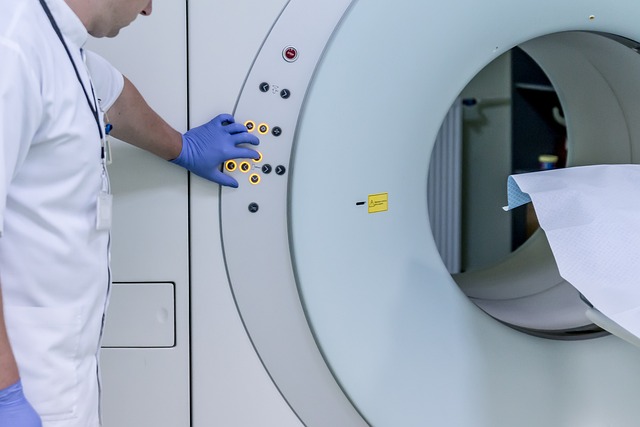
Drug-resistant Epilepsy
Understanding Drug-resistant Epilepsy
Epilepsy is a condition that affects millions of people around the world. For many, it can be managed with medication, but for others, the journey is a bit more complicated. Enter the term drug-resistant epilepsy, which refers to cases where seizures persist despite treatment with antiseizure medications. This can be a challenging and often frustrating experience for those affected and their loved ones. 🌼
What is Drug-resistant Epilepsy?
Drug-resistant epilepsy, sometimes referred to as intractable or refractory epilepsy, occurs when a person's seizures are not adequately controlled by prescribed medications. It’s important to note that this doesn’t mean the person is out of options. In fact, there are various avenues to explore for better management of their condition.
Recognizing the Signs
So, how can one identify if they or a loved one might be experiencing drug-resistant epilepsy? Here are some common indicators:
- Frequent Seizures: If seizures occur regularly despite medication, it may be time to reassess treatment options.
- Medication Changes: Trying multiple medications without success can be a sign of drug resistance.
- Seizure Triggers: Identifying and avoiding lifestyle triggers can sometimes help in managing seizures better.
- Consultation with Specialists: Regular visits to an epilepsy specialist or neurologist are crucial for proper assessment.
Exploring Treatment Options
For those living with drug-resistant epilepsy, it’s essential to explore all available treatment options. Here are a few avenues that can be considered:
- Comprehensive Epilepsy Clinics: These specialized clinics provide in-depth assessments and tailored treatment plans.
- Medication Trials: Different drug trials may be considered to find a more effective medication.
- Non-drug Treatments: Options such as dietary changes, neurostimulation therapies, or even surgery can be explored.
The Importance of Accurate Diagnosis
Interestingly, an incorrect diagnosis of epilepsy is more common than one might think. This underscores the importance of thorough evaluations and second opinions, especially if seizures persist. It’s crucial to confirm that the diagnosis is correct to ensure the most effective treatment approach is taken. 💖
Living with Drug-resistant Epilepsy
Living with drug-resistant epilepsy can be daunting, but it’s essential to remember that support is available. Connecting with support groups, engaging with healthcare professionals, and maintaining open communication with family and friends can make a significant difference. It’s about building a community that understands and supports the journey.
Final Thoughts
Drug-resistant epilepsy is a complex condition, but with the right approach and support, individuals can find ways to manage their seizures and lead fulfilling lives. If you or someone you know is facing this challenge, don’t hesitate to reach out for help. The journey may be tough, but you’re not alone in this. 🌈

















 High-resolution Manometry
High-resolution Manometry 
 Health
Health  Fitness
Fitness  Lifestyle
Lifestyle  Tech
Tech  Travel
Travel  Food
Food  Education
Education  Parenting
Parenting  Career & Work
Career & Work  Hobbies
Hobbies  Wellness
Wellness  Beauty
Beauty  Cars
Cars  Art
Art  Science
Science  Culture
Culture  Books
Books  Music
Music  Movies
Movies  Gaming
Gaming  Sports
Sports  Nature
Nature  Home & Garden
Home & Garden  Business & Finance
Business & Finance  Relationships
Relationships  Pets
Pets  Shopping
Shopping  Mindset & Inspiration
Mindset & Inspiration  Environment
Environment  Gadgets
Gadgets  Politics
Politics 